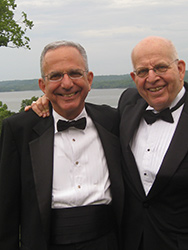Money matters
Today’s post is from Katherine Smoak, author of “The Weight of Necessity: Counterfeit Coins in the British Atlantic World, 1760-1800” (William and Mary Quarterly, July 2017). When I started the research for the larger project from which my recent WMQ article is drawn—a history of the practices and politics of counterfeiting in the eighteenth-century British Atlantic world—I had been committed… Read More
